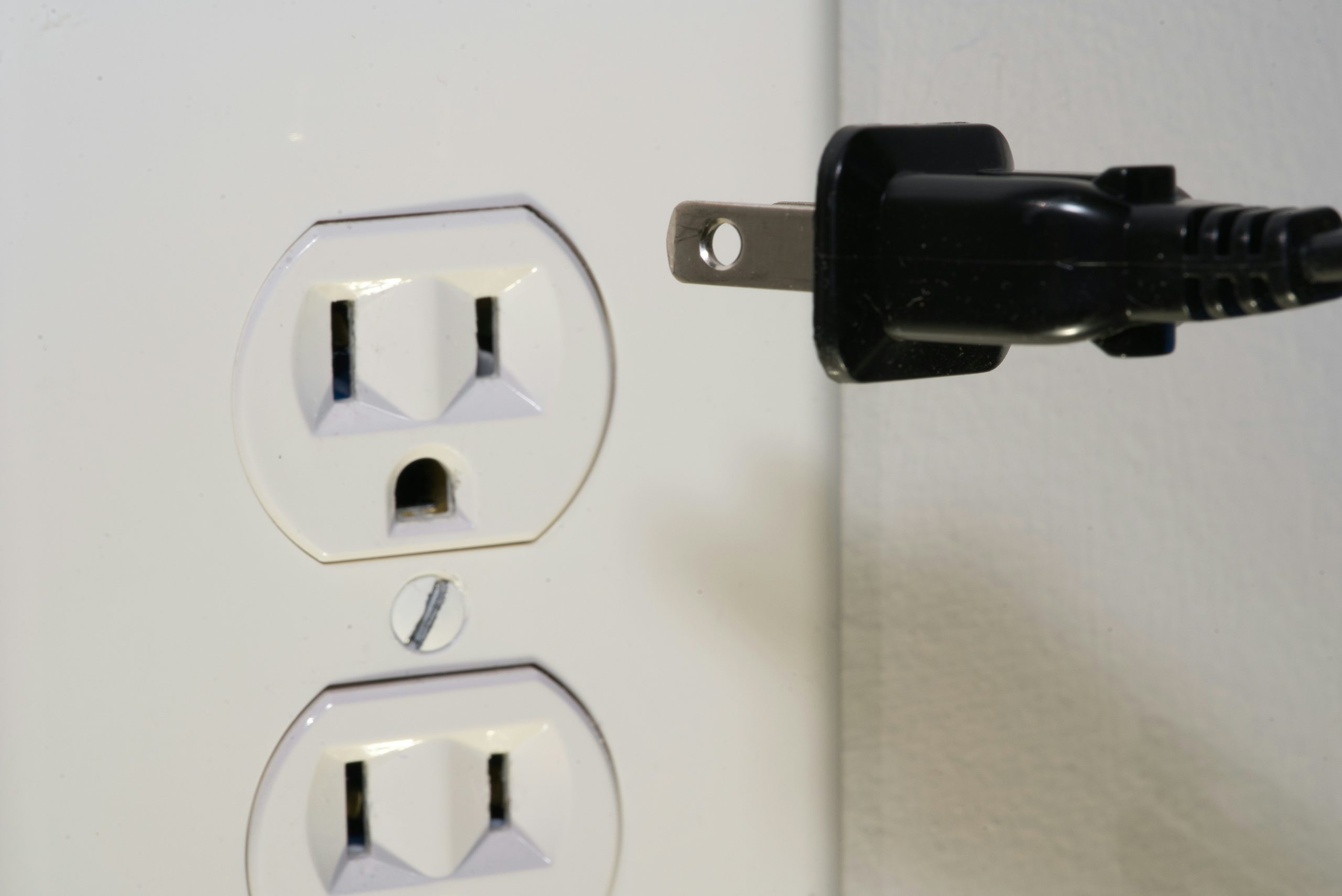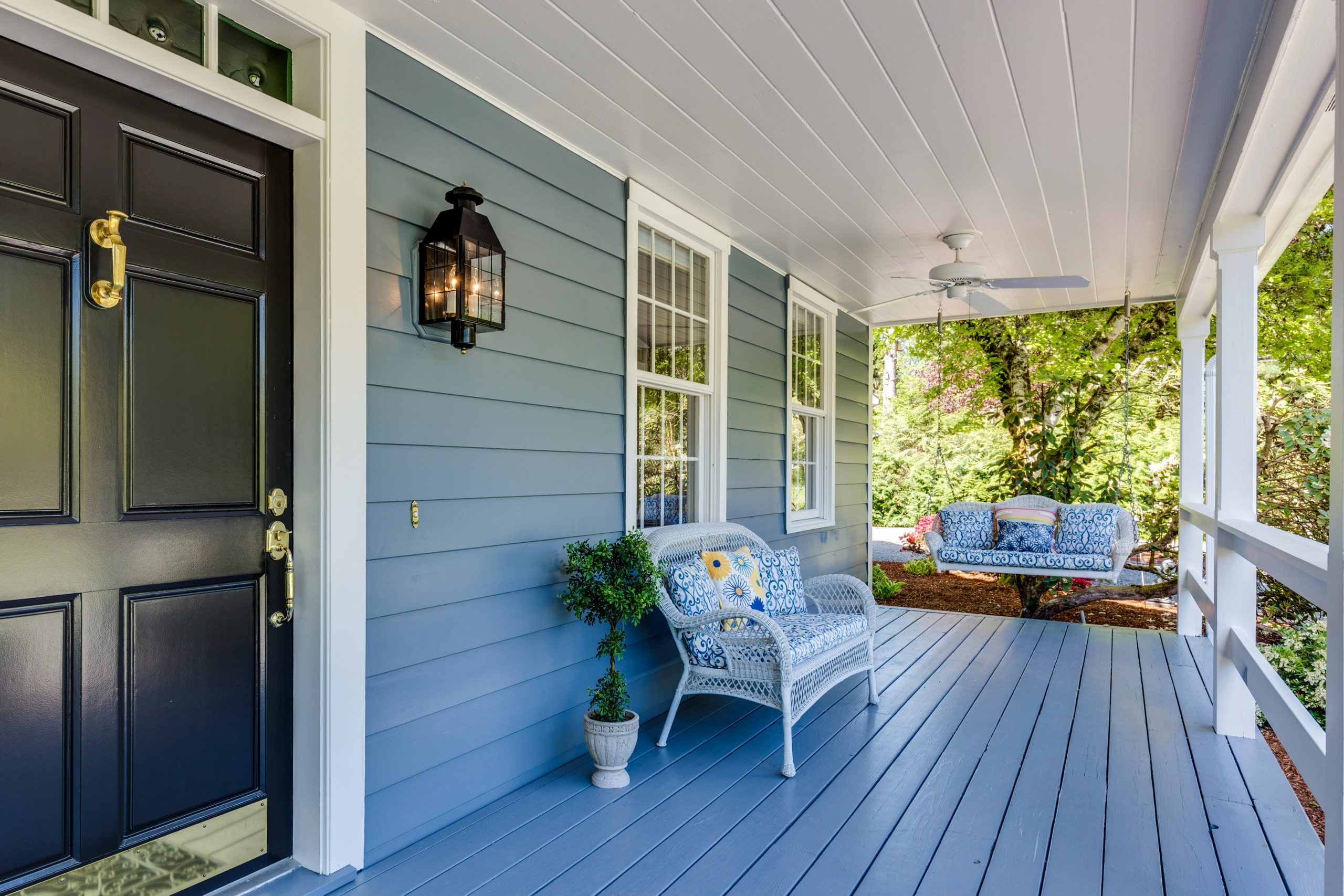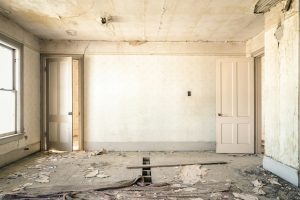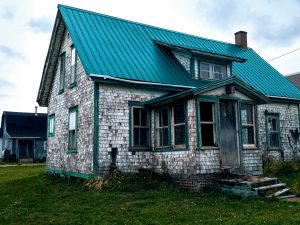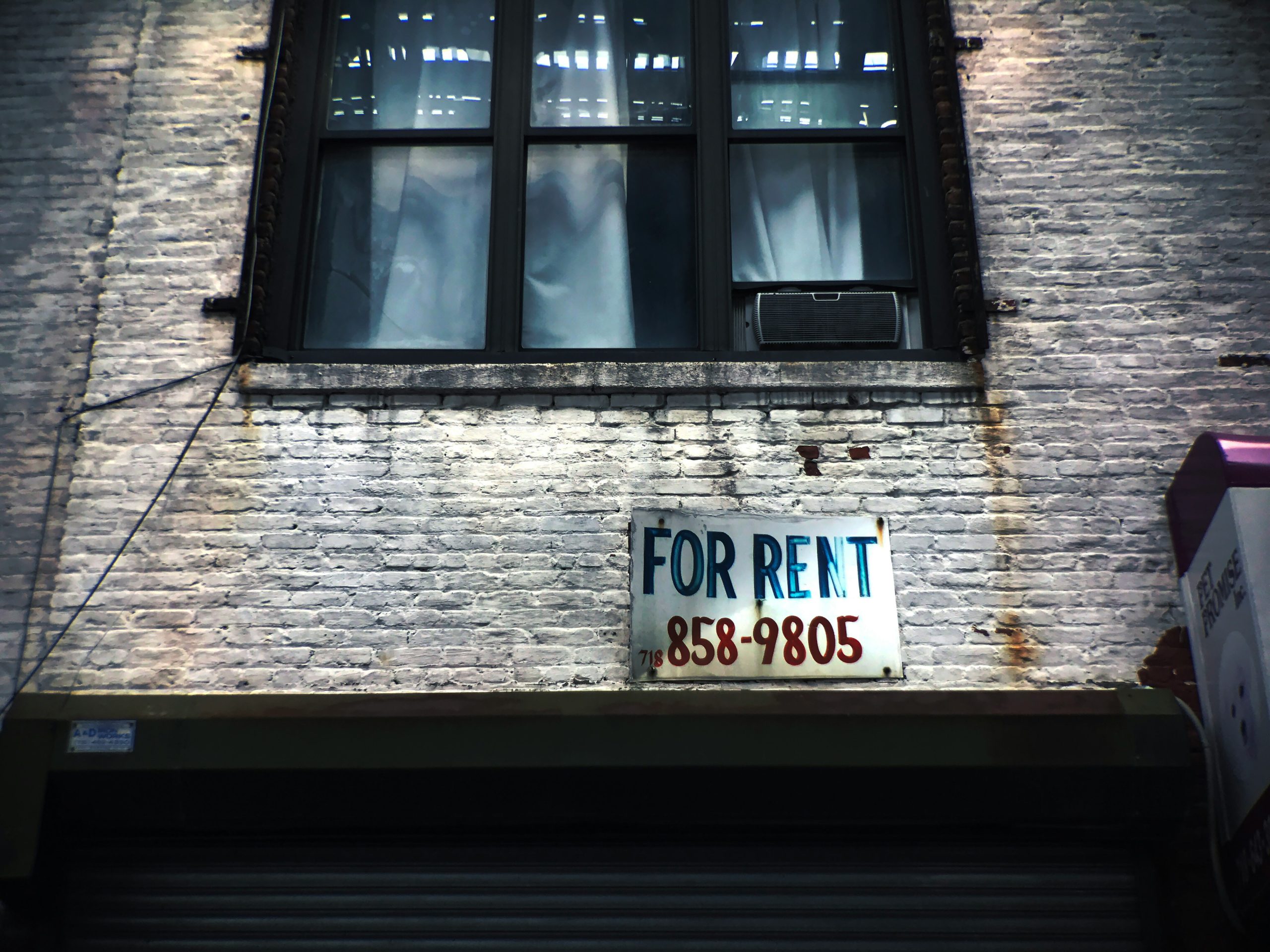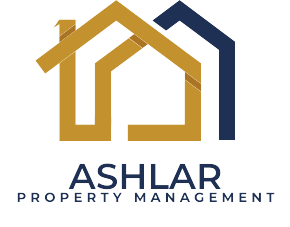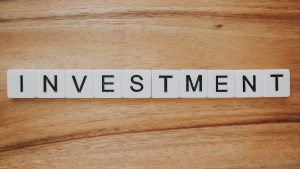If you’re one of the many Kingstonians wondering who exactly is steering the ship of our fine city—you’re not alone. Municipal government can feel like a distant machine humming in the background of our daily lives. But in reality, it’s the heartbeat of Kingston’s future. From filling potholes and shaping new developments, to zoning decisions and affordable housing—our local government holds the power to Make Kingston Great.
Kingston is governed by a Mayor and twelve City Councillors, each representing one of our city’s unique districts. Together, they form City Council, where decisions are made on everything from transit and infrastructure to parks, libraries, and housing. It’s where vision meets budget and where your vote becomes action. Council operates on a four-year term and holds regular public meetings, giving residents a chance to stay informed—and get involved.
So who are these people we’ve entrusted with the city’s future? Let’s take a closer look:
Mayor Bryan Paterson
Now in his third consecutive term, Bryan Paterson has been Kingston’s Mayor since 2014. When he’s not leading the city, he’s teaching economics at the Royal Military College—so yes, he’s very familiar with budgets. Paterson brings a blend of academic insight and political experience to the table.
Your City Councillors – The District Advocates
- Gary Oosterhof – Countryside District
Raised on a farm and wired into the trades, Gary brings rural sensibility and 20+ years of electrical industry leadership to council. - Paul Chaves – Loyalist-Cataraqui District
A long-time public servant with a heart for community service, Paul is as passionate about economics as he is about volunteering. - Lisa Osanic – Collins-Bayridge District
With a background in biology, chemistry, and health policy, Lisa’s analytical mind and civic experience make her a steady hand on council. - Wendy Stephen – Lakeside District
Wendy is all about community connection and local solutions—ready to tackle the unique opportunities in the west-end. - Don Amos – Portsmouth District
Focused on accessibility and advocacy, Don wants to make city hall easier to navigate for every resident. - Jimmy Hassan – Trillium District
A champion of inclusivity and community growth, Jimmy brings energy and commitment to the table. - Brandon Tozzo – Kingscourt-Rideau District
Grounded in local issues, Brandon’s a strong voice for neighbourhood concerns and collaborative problem solving. - Jeff McLaren – Meadowbrook-Strathcona District
Jeff is big on sustainable planning and always keeping future generations in mind. - Vincent Cinanni – Williamsville District
Representing one of Kingston’s most vibrant cores, Vincent blends heritage appreciation with progressive ideas. - Conny Glenn – Sydenham District
Conny’s keen on community-building and making sure resident voices are heard—especially in the heart of downtown. - Gregory Ridge – King’s Town District
Focused on pragmatic improvements, Gregory aims to support growth while preserving what makes Kingston special. - Ryan Boehme – Pittsburgh District
A longtime rep of the east-end, Ryan’s all about infrastructure, safe streets, and equitable development.
Why This Matters
These are more than just names on a ballot. These are your neighbours, your representatives, and the voices in the room where decisions are made. As Kingstonians, it’s up to us to pay attention, participate, and hold our local leaders accountable.
Want a better waterfront? Safer streets? Smarter development? It starts here. With the right leadership and an engaged public, we can Make Kingston Great—one council meeting at a time.
Have a thought or concern for your councillor? Reach out! They’re elected to listen to you.
Next municipal election is not for a while? Good news: local engagement is a 24/7 democracy. Show up. Speak up.
Let’s keep the conversation going, Kingston.

 Facebook
Facebook
 X
X
 Pinterest
Pinterest
 Copy Link
Copy Link













